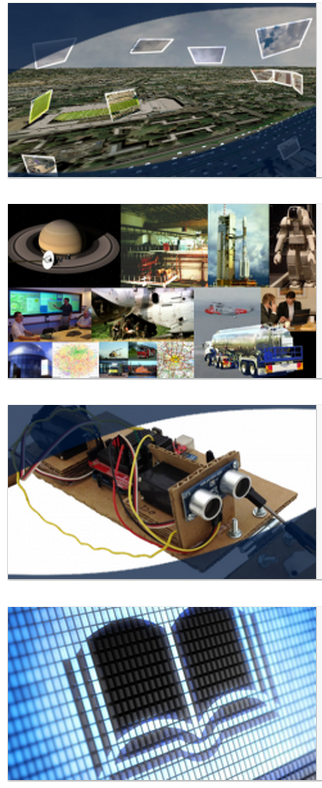In the developing world, MOOCs start to get real
March 15, 2013

Some of the 19 Coursera courses on AI and robotics (credit: Coursera)
Students in countries like India and Brazil have been signing up in droves for these massive open online courses, or MOOCs, offered for free from top-tier universities, such as Stanford, MIT, and Harvard.
Yet in the world’s poorest regions, where even reliable high-speed Internet access capable of streaming course lecture videos is hard to come by, delivering a useful education to the masses is clearly not a straightforward operation, and experiments in doing so in an organized way are only just beginning, MIT Technology Review reports..
Many are now already looking at blending online and traditional college work than one existing entirely on the Internet.
In India, for example, Microsoft Research, which has offices in Bangalore, is working with universities on “massively empowered classrooms” that provide online lectures, forums, and quizzes to engineering undergraduates at many different schools taking the same computer science course.
Another Microsoft research project scans the content of e-textbooks and pulls out the most important concepts that could be paired with online instructional videos.
Coursera is experimenting with “keyboard” biometrics to help verity student identities. Udacity, on the other hand, is simply working with physical testing centers around the world run by the company Pearson.
In Rwanda, a nonprofit called Generation Rwanda is getting started on an ambitious experiment that is likely among the first of its kind: an entirely MOOC-based university.